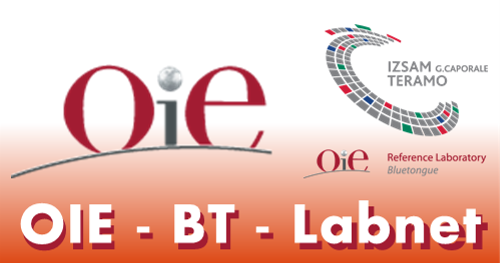Partner 32 – Institut National de Recherche Agronomique (INRA)
In the French National Institute of Agronomical Research, the Animal Health Department has a growing investment on tick-borne diseases, with 9 scientists from 4 laboratories (Clermont-Ferrand, Nantes, Montpellier – a joint laboratory with CIRAD - and Paris). This trend has been reinforced by INRA-CIRAD joining recently in a common consortium called Agreenium, thus facilitating collaborations on tick-borne diseases, as several researchers of CIRAD are also working on that topic. At INRA, investigations are carried out on several tick-borne pathogens (Bartonella spp, Borrelia spp, Babesia spp.) and on their vector Ixodes ricinus. Research activities aim to a better understanding of the complex host-pathogen-vector-environment systems, in order to design and evaluate new control methods. The genetic and phenotypic variability of pathogens (virulence) and ticks (vector competence) are described using various molecular markers and experimental approaches. Field studies are conducted to assess the role of biotic (including domestic, wildlife fauna but also vegetal cover and landscape features) and abiotic factors on population dynamics of ticks and on the prevalence of pathogens. A modeling approach is finally developed to integrate those data in epidemiological models and evaluate the relative role of those factors, allowing to simulate the efficacy of various control methods. Within EDENext, INRA will be involved in the assessment of (1) tick dispersal among I. ricinus populations using a population genetics approach and identification of the host used by the ticks for their previous bloodmeal, (2) genetic variability of Babesia spp. and Bartonella spp., (3) I. ricinus competence for Bartonella spp. strains and identification of tick genes involved, (4) immunomodulation observed in the host following tick bite.
The CBGP (a joint research unit INRA/IRD/CIRAD/AGRO.M) carries out researches in the fields of systematics, genetics and ecology relevant to the management of populations and communities of organisms for the purposes of agriculture, public health and biodiversity. These researches seek to elaborate the conceptual and theoretic approaches, and the tools (molecular and bioinformatic), necessary to manage interacting communities which respond to global changes, either through biological control or conservation strategies.
Within EDENext, we will develop immunogenetics, population genetics, phylogeography and phylogeny of rodents with regards to landscape epidemiology and hantavirus distributions. This concerns WP.1 (Emergence and spread): our studies will provide a better understanding of genetic factors and evolutionary forces mediating emergence and spread of hantaviruses or other rodent- borne pathoges, and WP.2 (Intervention and control): rodents and pathogens monitoring in French areas endemic for Puumala hantavirus constitutes an “early warning system” for local health authorities.





